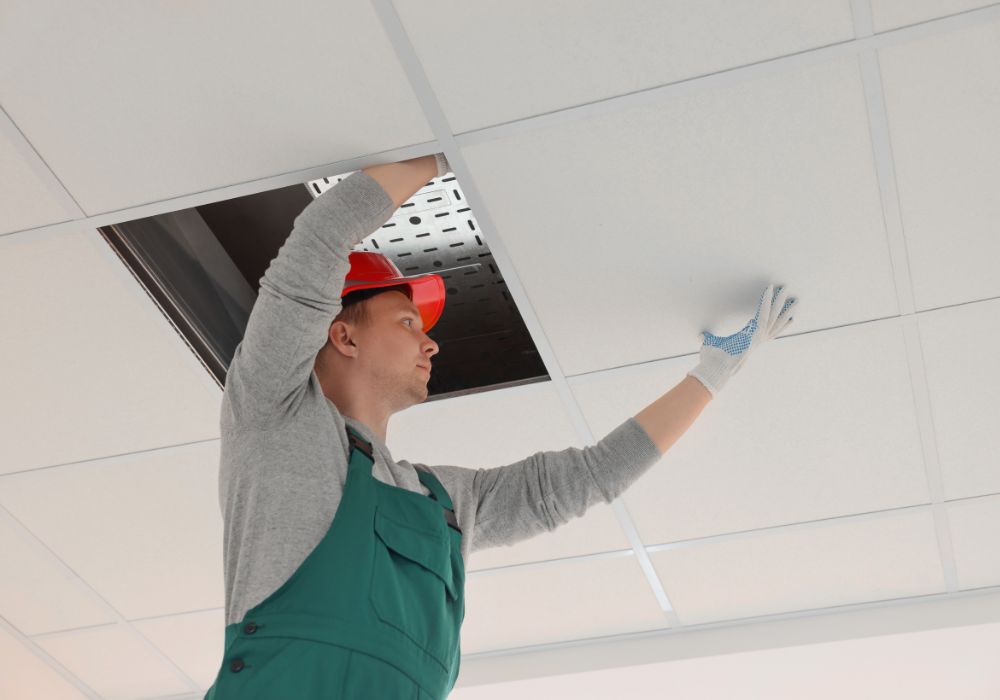Does your industry involve the extensive use of polymer materials, and constantly on the lookout for innovative, cost-effective, and durable alternatives? Ever wondered how the material constituting your plumbing pipes or your children’s toys holds up to daily wear and tear? If you’ve been puzzled by these thoughts, this article is certainly for your craving mind. Today’s spotlight — The undisputed polymer champion, Polyvinyl Chloride (PVC), the third-most widely produced synthetic plastic polymer in the world.
Drawing on the magic of PVC and its variant forms, we will delve deeper into its operational dynamics and its ubiquitous presence in many business sectors. More importantly, we’ll explore how its mechanical durability places it in a league of its own, deserving the admiration it receives from various industries worldwide.
If the world of polymer sciences fascinates you or your operation depends on the strategic use of durable plastic material—be prepared for an enlightening journey. Brace yourself for a deep dive into the properties, advantages, and challenges of PVC sheets and their industrial applications.
Unravelling the Mystery: What is PVC?
Polyvinyl Chloride (PVC) is a thermoplastic polymer made from one of the world’s most versatile types of plastic. Its versatility makes it a preferred choice for several industries, ranging from healthcare to automobile production, offering an affordable and durable solution for various applications.
Notorious for its strength and rigidity, PVC is available in two primary forms – rigid and flexible. Rigid PVC, or unplasticized PVC, is primarily used in building and construction applications like doors and windows. Meanwhile, flexible PVC, fashionably termed plasticized PVC, finds its use in applications demanding increased elasticity like cables, clothing, and medical equipment.
In addition to its adaptability, PVC is loved for another key feature – its facile processability. Understanding how it is manufactured and processed helps comprehend the magnitude of the PVC network in the industrial realm better.
The Infallible Durability of PVC Sheets
While myriad materials compete for attention in the polymer landscape, PVC sheets’ durability helps them stand out. Comprehensive research and technological advancements have optimized PVC’s durability over the years, making it a reliable workhorse in numerous industries.
PVC’s inherent strength comes from its dense molecular structure, which provides resistance against environmental stress, weathering, chemical exposures, and physical damage. Additionally, PVC sheets are non-corrosive, making them an ideal choice for industries exposed to corrosive substances or environments.
However, a key factor contributing to its gigantic popularity is its operational longevity. The extended lifespan of PVC sheets ensures minimal replacements, ultimately leading to significant cost reductions for businesses.
Applications of PVC Sheets Across Industries
PVC’s versatility facilitates its adoption in various industries, with its properties customized to reflect industry-specific needs. In the construction industry, its resistance to weather, fire, and chemical damage make it an ideal material for roofing, wall cladding, and window profiles.
The medical sector applauds PVC for its biological and chemical resistance, where it finds its place in medical devices and pharmaceutical packaging. With its electrically resistant and thermal insulating properties, PVC is also favored in the electronics industry for insulation sheaths and cable jackets.
The plastics industry treasures it for its ability to be blended with other materials, resulting in new plastic composites with tailored properties for different applications.
Challenges Associated with PVC Sheets
Despite its indisputable benefits, PVC has its share of challenges. One primary concern is the environmental impact, with its production and disposal contributing to pollution. PVC often contains additives and stabilizers that can be harmful when released into the environment.
Moreover, while it’s highly durable, PVC is not immune to extreme temperatures. Prolonged exposure to high heat can result in material degradation, and in freezing temperatures, it can become brittle.
Contrarily, innovative research and mindful practices are increasingly mitigating these challenges, ensuring a sustainable PVC journey from production to disposal.
The Future of PVC Sheets
With continuous research and technological advancements, the future of PVC sheets looks promising. Innovations aimed at increasing product longevity, resilience to extreme temperatures, and sustainable manufacturing processes are on the rise.
The shift towards eco-friendly methodologies has also inspired the development of bio-PVC, taking us a step closer to sustainability. Undoubtedly, as we move forward, the realm of PVC will see revolutionary transformations, making it an indisputable choice for various industries.
Conclusion
Polyvinyl Chloride (PVC) has undoubtedly carved a niche for itself in the polymer world, emerging as a versatile, durable, and cost-effective material for diverse applications. From construction to healthcare, electronics to plastics, the endurance of PVC sheets continues to impress industries globally.
It’s clear that despite the challenges, with conscious efforts and creative innovations, PVC continues to strengthen its position in the realm of polymers. As the demand for durable and versatile materials grows, so too will the application, production, and development of PVC sheets. Ultimately, understanding PVC and harnessing its potential could be a game-changer for both businesses and consumers alike. Its ability to be resilient and flexible simultaneously is the secret of its industry-wide acceptance and admiration. Don’t Miss Out on the Possibilities – Get Your PVC Sheets Today!

